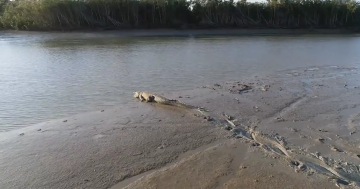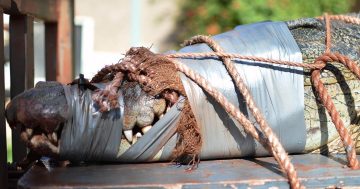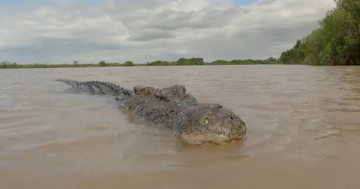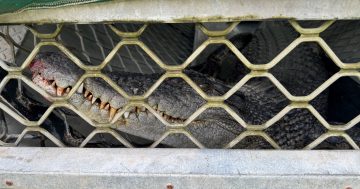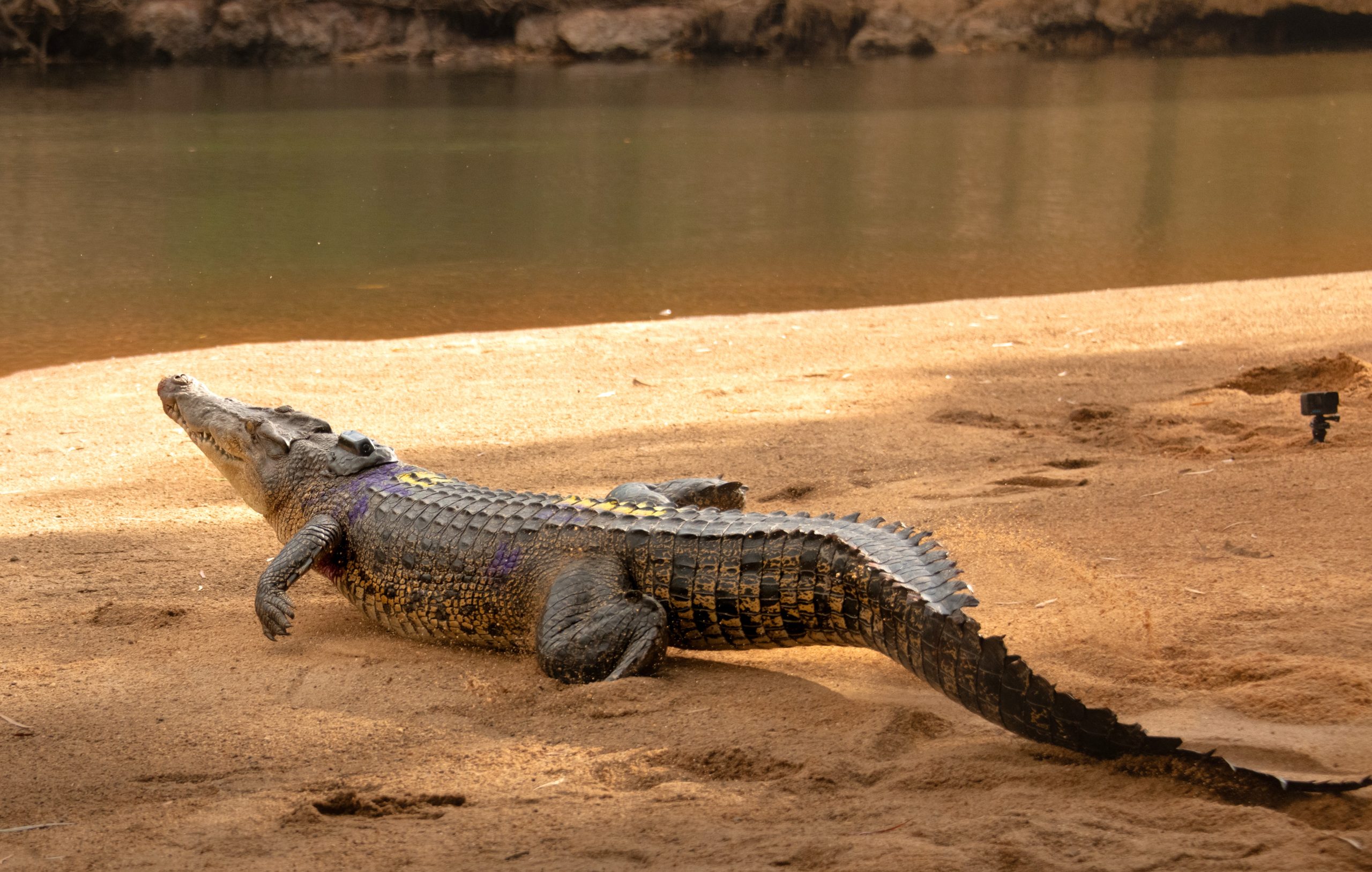
Far North Queensland MPs David Kempton and Shane Knuth are at odds about what should be done about the state’s growing saltwater crocodile population. Photo: Australia Zoo.
Two Far North Queensland MPs are at loggerheads about what should be done to manage the state’s growing saltwater crocodile population.
On 25 July, Katter’s Australian Party (KAP) had its Crocodile Control and Conservation Bill 2025 rebuffed by the government’s Health, Environment and Innovation Committee on the basis that one of its key aims – the establishment of “crocodile-free zones”, where all animals would be culled or relocated – was “neither practical nor sustainable”.
The bill proposed an overhaul of the state’s crocodile management framework, with the primary objective of lowering the chance of humans encountering the reptiles in North Queensland to an “acceptable risk”.
It also looked at potential economic opportunities for remote communities on the back of crocodiles, including regulated trophy hunting and egg harvesting.
Member for Cook David Kempton welcomed the committee’s decision and said he did not believe the bill would mitigate issues in areas like Mareeba, where crocodiles are now being sighted in some waterways for the first time.
“The problem with Katter’s bill, as I see it, is by simply reducing the population of animals by culling does not solve the problem in the Mareeba district, where crocodiles need to be removed, not reduced in numbers,” he said.
“Notwithstanding the current crocodile management plan and the committee’s findings, I will continue to advocate for a comprehensive survey of all the tableland waterways, including the Barron and Mitchell rivers and tributaries, to locate and identify all estuarine crocodiles and remove them pursuant to Zone F of the current management plan.”
Mr Kempton slammed the concept of trophy hunting as a means of population control, and said it was fraught with danger from multiple perspectives, including how the correct reptile was identified, who issued a hunting licence, and how any proceeds were distributed.
“The concept of trophy hunting a protected native animal, which is an iconic apex predator, as a control method is unworkable,” he said.
“Quite apart from the fact that Katter does not appear to have consulted with Indigenous leaders about the hunting of a totem species, trophy hunting as a means of removing problem crocodiles faces many challenges.”
KAP MP and Member for Hill Shane Knuth, who has been championing the bill for the party, said he was “baffled” by Mr Kempton’s “inaccuracies” on the proposed legislation to the point it “begs the question if he has even read it”.
“The Member for Cook’s claims of big game hunters marching down Four Mile Beach in khaki pants with high-powered rifles is completely delusional, considering the bill only allows for the Queensland Crocodile Authority to authorise a set quota for Indigenous landowners to bring in high-paying clients to harvest selected crocodiles for economic benefit to Indigenous communities,” Mr Knuth said.
“A far cry from the free-for-all shooting sessions in tourism areas the Member for Cook has implied.
“Denying the bill is also denying Indigenous landowners in his electorate economic opportunities, which also includes egg harvesting.”
Mr Knuth said he was “disappointed, but not surprised” the committee had failed to support the bill, and criticised the “weak recommendations” made in its 106-page report.
“There has been a mass explosion in croc numbers taking over our waterways because of back-to-back governments and politicians lacking the intestinal fortitude to take action,” he said.


